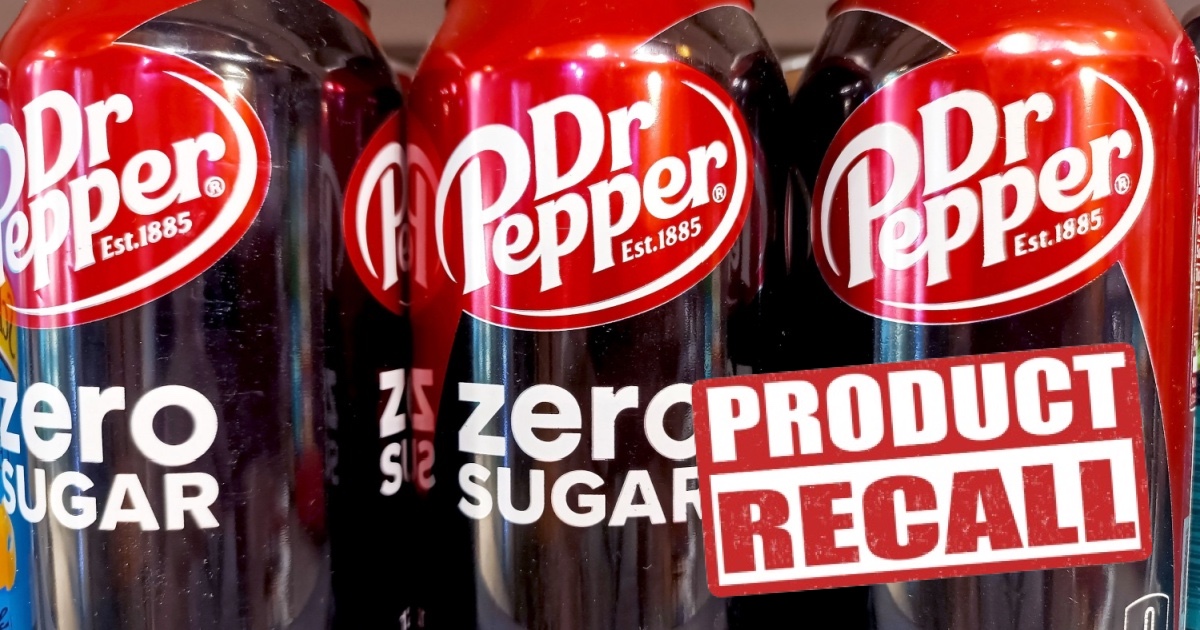A major beverage mix-up is making headlines. The manufacturer pulled over 19,000 cases of Dr Pepper Zero Sugar after labeling them incorrectly. These cans, marked “Zero Sugar,” actually contain the full-sugar version. The Dr. Pepper recall affects anyone watching their sugar intake, especially diabetics. On June 5, 2025, the FDA reclassified the situation as a Class II recall. Let’s break down what went wrong, how to check your cans, and what actions you should take right away.
Sugar Lurking in Zero Sugar Cans
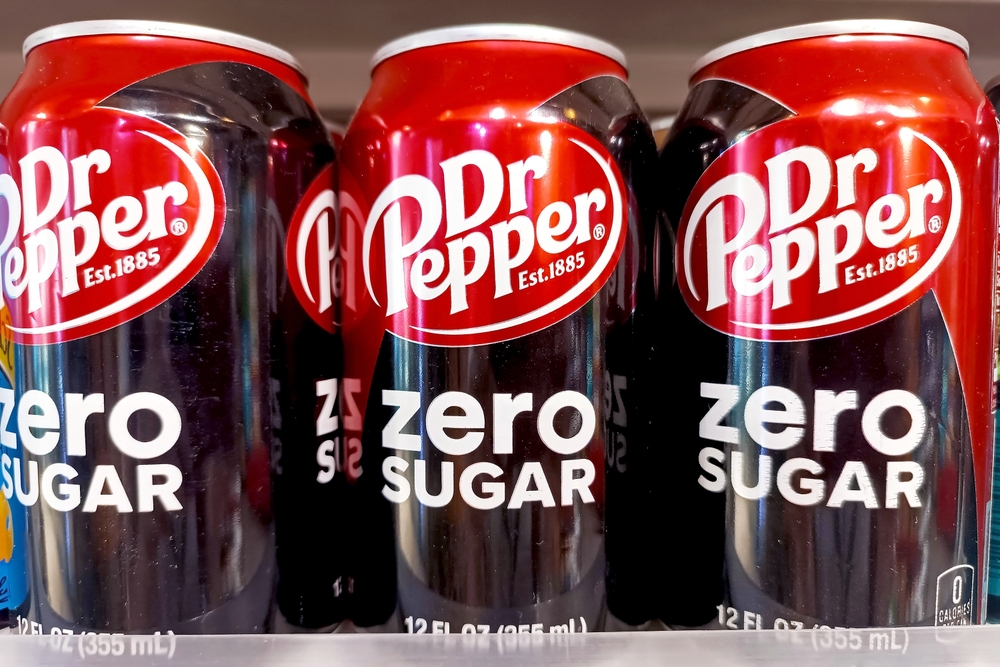
You expect a sugar-free drink when you open Dr Pepper Zero Sugar. Instead, some cans deliver a full-sugar surprise of 39 grams per 12-ounce serving. That’s nearly 10 teaspoons of sugar. For people managing blood sugar levels, this isn’t just frustrating, it’s dangerous. Because the mistake isn’t obvious from taste, many people may not realize it right away. The mismarked cans are central to the Dr. Pepper recall, proving why proper labeling isn’t just important, it’s essential to public health.
How to Identify the Affected Products
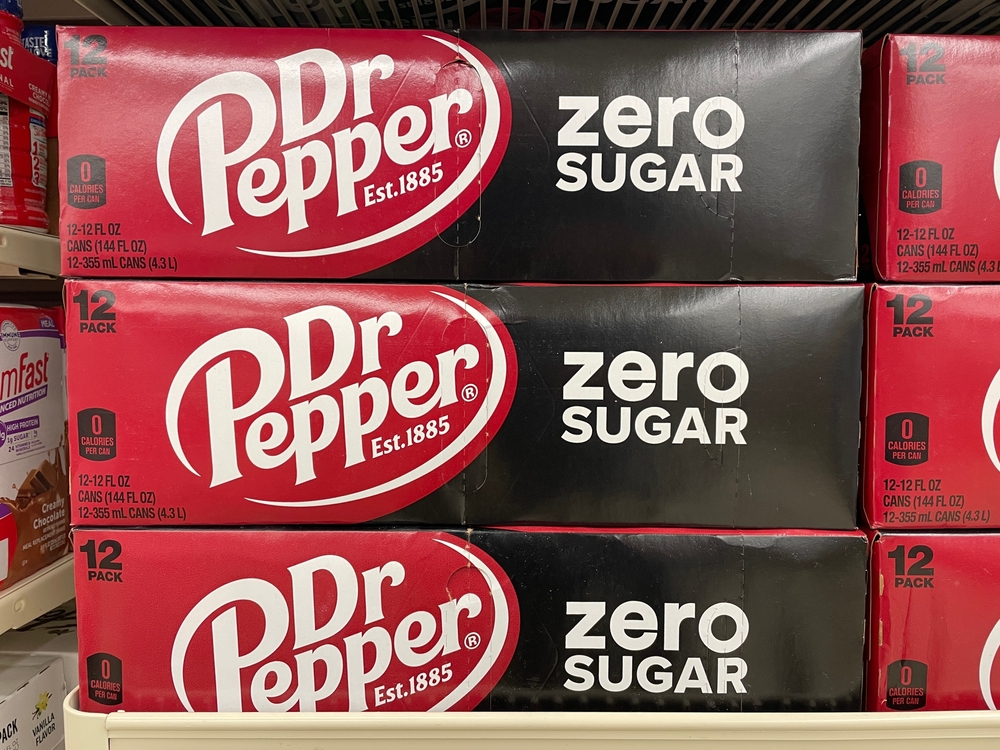
Don’t assume your cans are safe just by looking at them. Check for the product code XXXXRS05165 and the Best By date: February 16, 2026. You’ll find these details on 12- and 24-pack boxes. The packaging looks identical to normal versions, so spotting the problem requires close attention. Take a moment to verify your cans. With the Dr. Pepper recall in effect, that one step could help you avoid unexpected health risks, especially if you rely on sugar-free drinks for medical reasons.
Where the Recalled Cans Were Sold
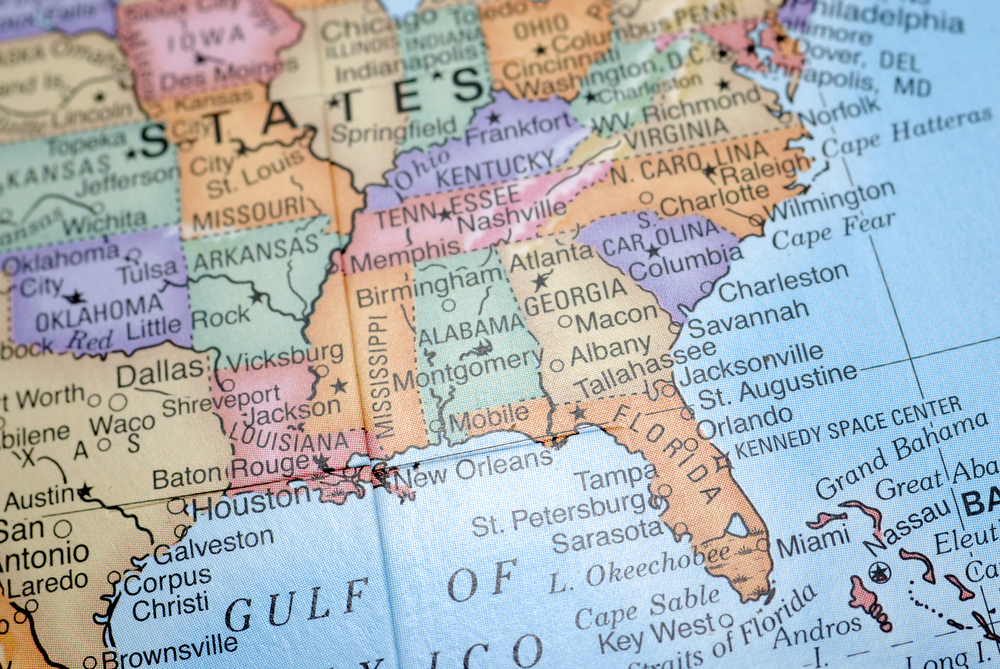
This recall affects products sold in Florida, Georgia, and South Carolina. If you live in these states or traveled there and brought drinks home, take a minute to inspect your supply. While retailers have started removing the bad batches, many people may still have them in their homes. Staying alert helps you stay safe, and you can also help friends and family by sharing the news.
FDA Labels This a Class II Recall
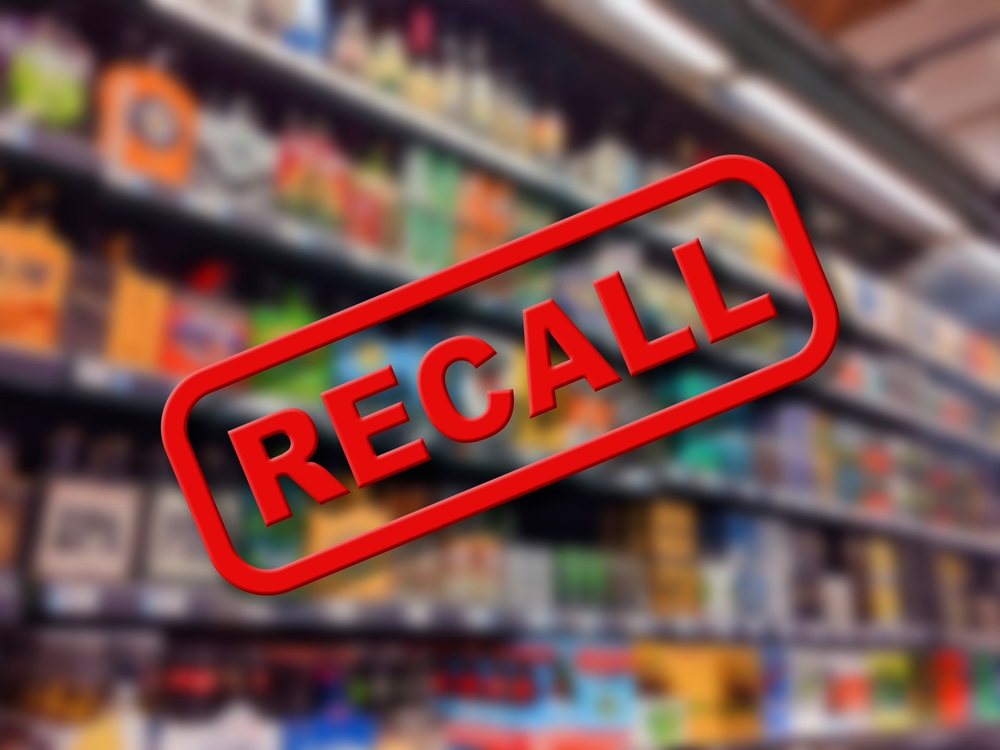
The FDA issued a Class II recall because the mislabeling could cause temporary or reversible health problems. For people with diabetes, even one can of high-sugar soda can cause a serious spike in blood sugar. Others on low-carb or low-sugar diets may also experience health effects. This label emphasizes how important it is to trust product information and to act fast when that trust is broken.
Read More: RFK Jr. Wants To Potentially Ban These 20 Foods from The $113 Billion Low-Income Program
What to Do If You’re Diabetic and Already Drank It
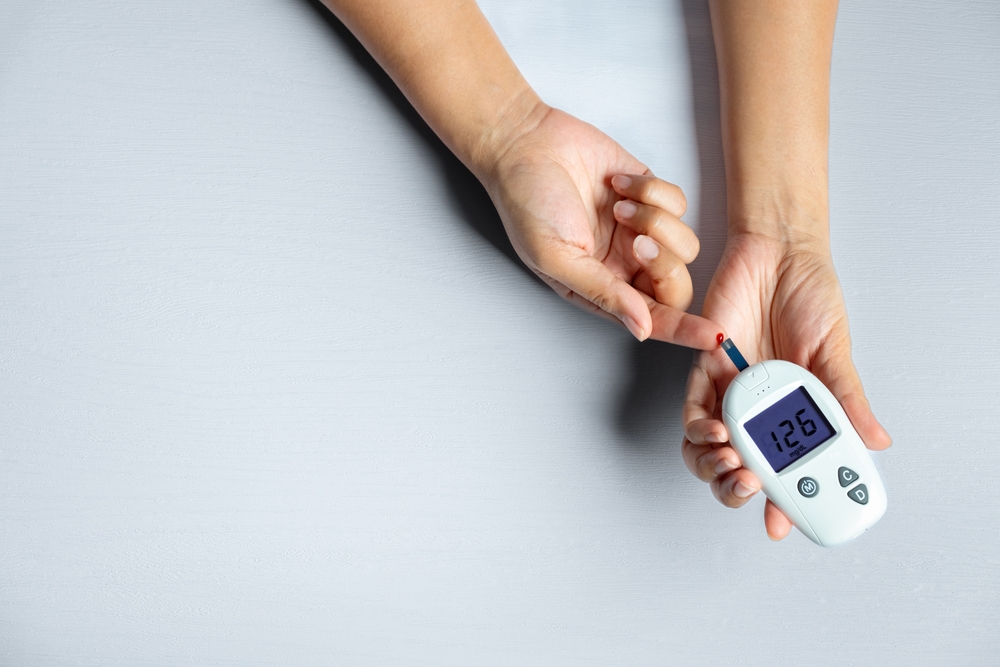
If you’re diabetic and accidentally drank one of these mislabeled sodas, act quickly. First, monitor your blood sugar levels closely for the next few hours. Use your glucose meter more frequently than usual. If your blood sugar rises too high, follow your treatment plan or contact your healthcare provider. Stay hydrated and avoid other sources of sugar to help stabilize your levels. If symptoms like dizziness, nausea, or confusion appear, seek medical care immediately. The Dr. Pepper recall calls for immediate action to prevent a serious complication.
Topo Chico Faces a Separate Beverage Recall
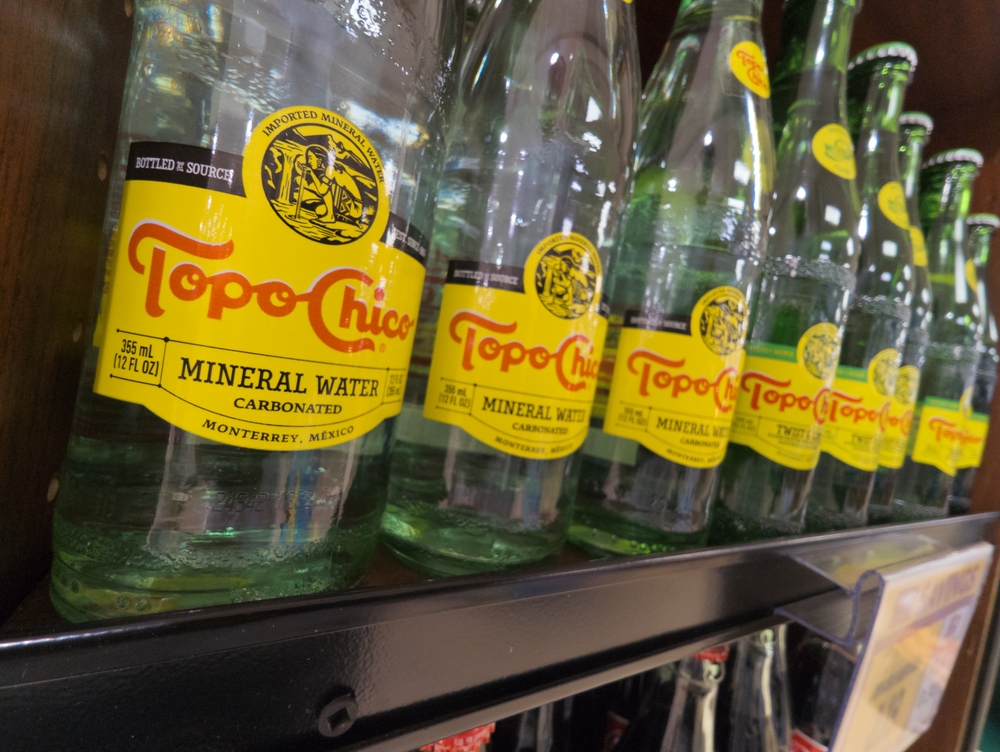
Dr Pepper isn’t alone. Coca-Cola also issued a recall for Topo Chico Mineral Water sold in Arizona, Louisiana, Nevada, New Mexico, and Texas. Officials found potential contamination with Pseudomonas bacteria, which can harm people with weakened immune systems. If you recently bought Topo Chico, check the product details right away. When in doubt, don’t drink it. It’s better to play it safe.
Read More: Over-the-Counter Eye Drops Recalled: Check The Full List
What to Do If You Have Recalled Cans
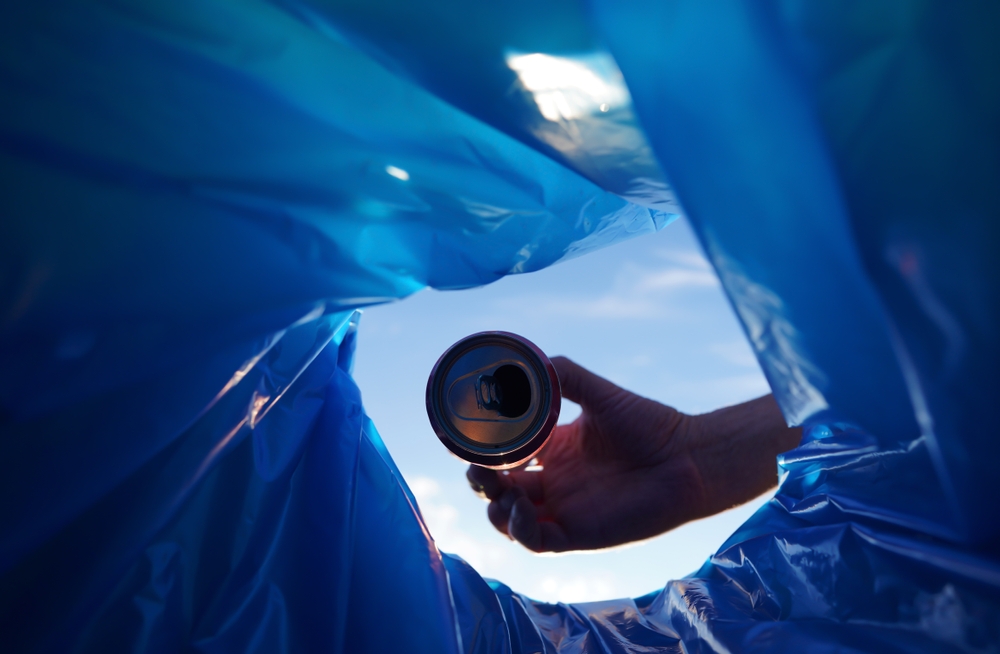
If your cans match the recall information, act quickly. Return the product to the store for a refund, or safely throw it away if returning isn’t an option. After confirming the cans are part of the Dr. Pepper recall, keep the product code and date handy when you contact the store. Most retailers already know about the recall and will process returns without hassle. Don’t wait. Taking action now protects your health and peace of mind.
How to Stay Ahead of Future Recalls
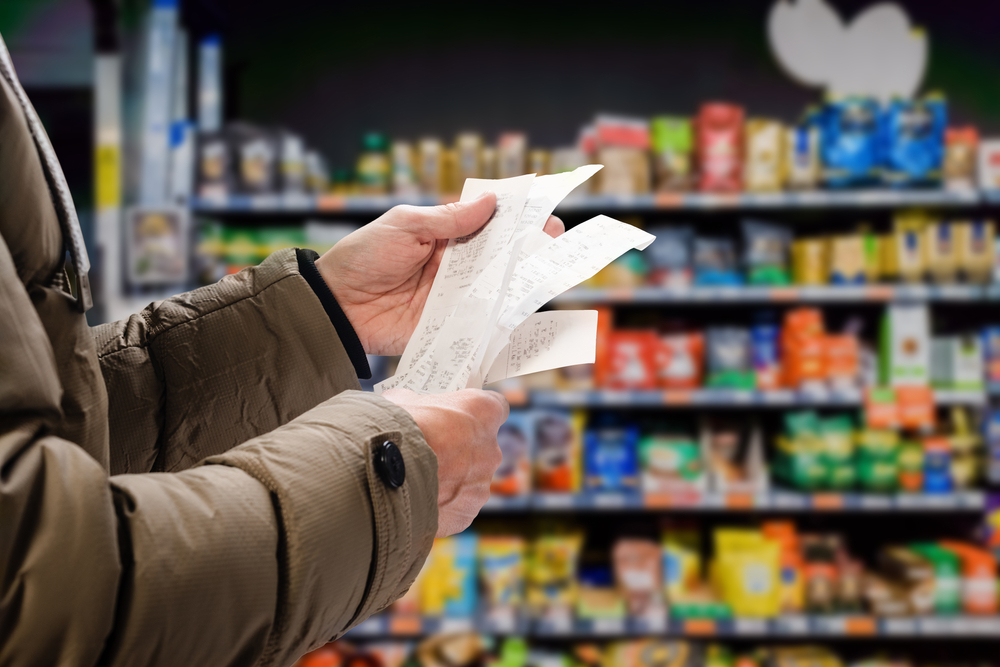
To avoid surprises like this Dr. Pepper recall in the future, consider signing up for product safety alerts. The FDA and USDA offer free email and text notifications for food and beverage recalls. You can also follow major retailers and manufacturers on social media for real-time updates. Keep receipts for grocery purchases in case you need to identify recalled items later. Most importantly, read labels and check product codes regularly.
Stay Alert and Share the Info
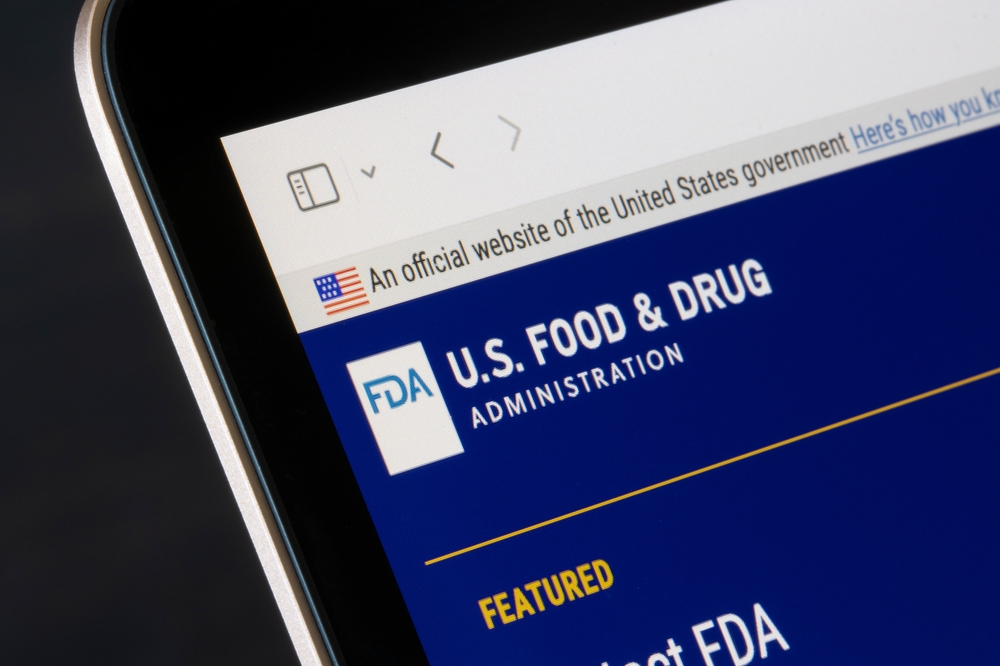
Beverage recalls don’t happen every day, but they do happen and they matter. This recall of Dr. Pepper reminds us how one small mistake can have big consequences. To protect yourself, check your labels, stay updated with recall notices, and spread the word. If you’re unsure about a product, visit the FDA’s website for official recall details. A few minutes of checking now could save you from a serious issue later.
Read More: CDC: Salmonella Outbreak Tied to Egg Recall Hits Multiple States
